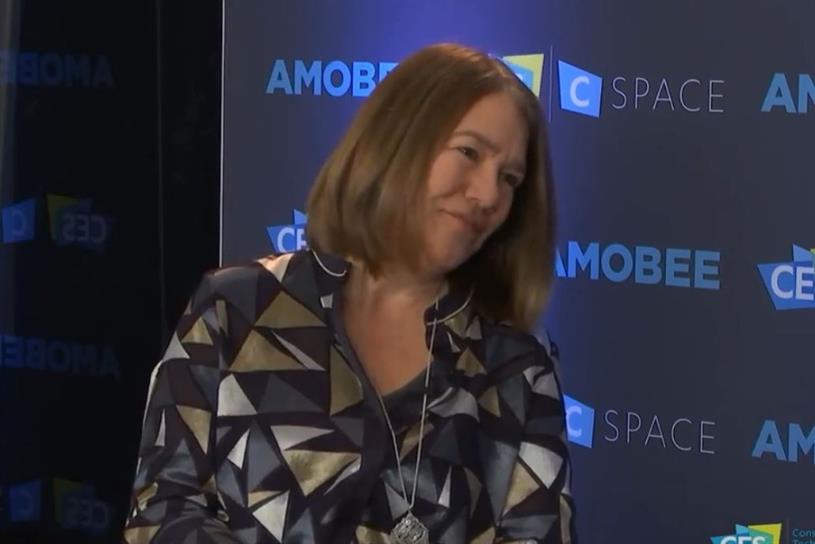Johnson & Johnson has been given no option but to think like a giant startup or risk losing consumers to emerging, more scrappy brands, the CMO has suggested.
Alison Lewis bluntly laid out her company’s evolution during a chat with Nada Stirratt, Facebook’s VP of global marketing solutions, at CES in Las Vegas on Wednesday.
“One of the biggest challenges we have is that there are so many disruptors in the marketplace doing an amazing job of staying close to the consumer, reacting really quickly and leaning into a test and learn environment,” explained Lewis, who’s been in the role since 2013.
“We have to think like a giant startup. We have a huge benefit in terms of the scale that we have, but at the same time, how do we implement more of that startup mentality?”
She said a great example is the transformation of Johnson’s Baby Shampoo. Her team has just re-launched Johnson’s brand with new formulas, new packaging, and a new proposition for the business overall. Part of that meant re-staging the infamous golden baby shampoo.
“We heard a lot from moms that they didn’t like dyes in their products,” she continued. “But this product had always been our gold shampoo — it was iconic. With a lot of debate, we decided to remove our dyes and the gold shampoo is no longer gold.
“That’s something I can honestly say probably 15/20 years ago we never would have done. But, today, listening to those consumers and being closer to those consumers is what makes a difference in terms of acting more like a giant startup.”
Lewis touched on a number of other subjects during the quickfire interview. Here’s a snapshot:
Why are you here?
I love CES because it’s a chance at the beginning of the year to peak around the corner and see what’s next. It’s so easy when you work in a big company to become very internally focused. It’s when you lift your head up and see what’s new that will inform where you might need to go in the future.
What have you seen so far that’s excited you?
There’s a huge demand for sleep products. Where they’ve evolved to this year is a really natural place, like a pillow that detects your heart rate and calms you down. Or an alarm clock that makes coffee — that brewed smell gets you up.
What’s important for the year ahead?
Personalization. The consumer today really wants things customized for them. We’ve spent a lot of time over the past three years driving precision-based marketing in our communications and that has a lot to do with understanding what’s the problem we’re trying to solve and how we send unique messages to our consumers. We’re moving it now into the product space. We’ve just unveiled Neutrogena MaskiD, which is the first 3D-printed personalized mask.
How are you rethinking media?
We’ve rolled out something we call the Four Cs which is thinking more like a retailer. How do I capture my consumer? How do I convince my consumer? How do I convert my consumer? And how do I commit my consumer?
What other pieces of wisdom do you have to leave us with?
We’re at a time where change has never been faster. It requires a lot of intellectual humility, and that’s where we struggle as bigger organizations because we’ve done it ‘this way’ always. You have to be willing to undo that and listen and really get close to the consumer and think about those sacred cows you might challenge for yourself. All of us could do a lot more if we were always intellectually humble.
This story first appeared on campaignlive.com.







